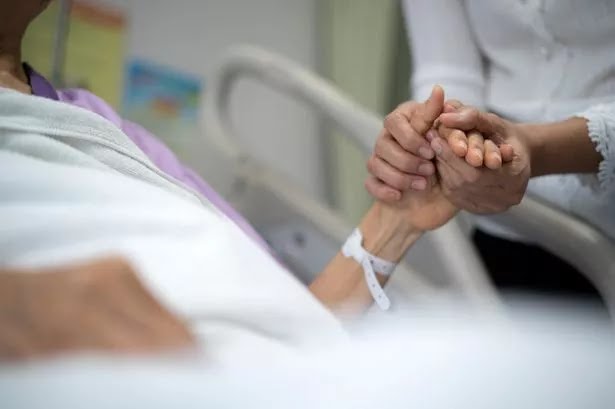Macmillan Cancer Support has called for swift intervention to tackle inequalities in cancer care, warning that too many patients are being denied timely access to treatment because of where they live.
The charity findings indicated that almost four in ten people with a cancer diagnosis have faced barriers to care linked to geography, with some forced to decline essential tests or therapies due to the travel involved.
It warned that such disparities could cost lives if not urgently addressed.
Macmillan estimates this equates to nearly 1.4 million people, a figure it describes as “deeply alarming.”
A YouGov poll of 2,002 patients commissioned by the organisation found that more than a third (36%) reported journeys of over an hour for scans, tests or treatment.
Around 3% said they had refused appointments altogether because of the travel burden, a proportion that could represent as many as 100,000 people nationwide.
Independent reports indicated that ten thousand cancer patients across the UK could be missing out on timely treatment due to distance.
A 17-year-old, Daisy, who was diagnosed with Hodgkin’s lymphoma earlier in 2025 and had no specialist care available in North Wales where she lived, recounted her difficult experience of enduring round trips of four to six hours to Liverpool for treatment.
Read Also: Nearly 20% of cancer drugs in parts of Sub-Saharan Africa fail quality tests, Study
Additional analysis by the charity indicates that if services in poorly performing areas matched those of the best, around 60,000 more people would have started treatment on time last year.
According to Macmillan’s lead medical adviser, Dr Anthony Cunliffe, the situation has become so uneven that patients increasingly feel their outcomes depend on chance rather than need.
“Everyone should get the treatment that is right for them,” he stressed, urging government and NHS leaders to put fairness at the centre of reforms
The latest NHS England figures show slight progress on some waiting time targets but delays remain widespread. Only 67.1% of patients began treatment within 62 days of urgent referral in June – well short of the 75% target set for 2026.



